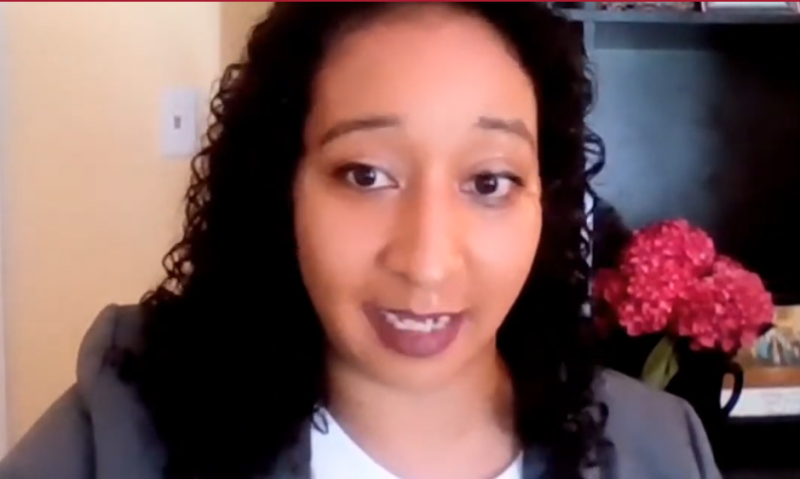
Advocates warn end of eviction moratoriums could create ‘unprecedented wave’ of homeless veterans
Advocates warned lawmakers Wednesday that the expiration of the federal eviction moratorium June 30 could push more veterans into homelessness, causing an “unprecedented wave” in the next few months.
Kathryn Monet, CEO of the National Coalition for Homeless Veterans, a nonprofit focused on ending veteran homelessness, urged lawmakers Wednesday to extend the halt on evictions and foreclosures for qualified tenants. The halt was implemented in September to help people affected by the pandemic stay in their homes. Monet predicted that the country’s housing crisis will deepen when the moratorium expires.
“I’m of the opinion we shouldn’t be ending these eviction and foreclosure moratoriums,” Monet told members of the House Committee on Veterans’ Affairs. “I don’t think the economy has recovered to a point where people are able to cover all of these expenses or have all gone back to work. I think that’s a huge problem.”
If Congress and President Joe Biden’s administration allow the halt on evictions and foreclosures to end June 30, the Department of Veterans Affairs, Department of Labor and the Department of Housing and Urban Development will need more funding to address the increase in veterans at risk of homelessness, Monet said.
In its budget request for fiscal 2022, the VA asked for $2.6 billion to address veteran homelessness. Monet said that amount was insufficient and asked Congress for $1.6 billion more. The additional funding would go toward temporary housing for veterans, more case managers and a program that helps veterans get back into the workforce.
During the pandemic, the federal government paid for veterans most at risk for the coronavirus to stay in hotels and motels, rather than in group living facilities. Monet suggested that HUD be given $95 million to help those veterans into permanent housing, rather than releasing them back onto the streets when the federal support ends.
“We are in the middle of an emergency and veterans experiencing and at risk of homelessness need safe housing now more than ever,” Monet said.
Akilah Templeton, chief executive officer of Veterans Village of San Diego, also pushed for more support from Congress on Wednesday. Veterans Village operates emergency housing and offers veterans mental health services, rental assistance, rehabilitation and more.
The crisis response funding approved by Congress over the past year allowed Templeton to bring more homeless veterans in from the streets, provide quality care to veterans in emergency housing and update her organization’s technology to allow veterans to attend telehealth appointments.
“The last year showed us that, as a nation, we can adequately address problems when we see them as problems worth solving,” Templeton said.
Templeton asked specifically that Congress continue to fund the VA’s grant and per diem program at higher rates. Congress approved more funding for the program last year. The money went to shelters, which get paid for filling beds but were unable to house as many veterans in order to abide by social distancing guidelines. Shelters continue to operate at lower capacities.
“We do not control the purse string that fund our programs, and we do not vote on the legislation that can give us what we need to do our jobs,” Templeton said. “All we can do is show up. That is what we ask of you all, to show up, work across the aisle, work together to keep the momentum going, even as threat of virus diminishes.”
The effect of the coronavirus pandemic on veteran homelessness isn’t yet known. A report released in March showed that the number of homeless veterans in the United States increased from 2019 to 2020. However, the data was collected before the pandemic began and does not account for its economic effects.
Members of The American Legion can receive 50 percent discounts on annual subscriptions to the Stars and Stripes digital platform of exclusive military news, topics of interest to veterans, special features, photos and other content, including the daily e-newspaper, job listings and history. American Legion members can subscribe for $19.99 a year by visiting legion.stripes.com and using the coupon code LEGIONSTRONG when filling out the online form.
